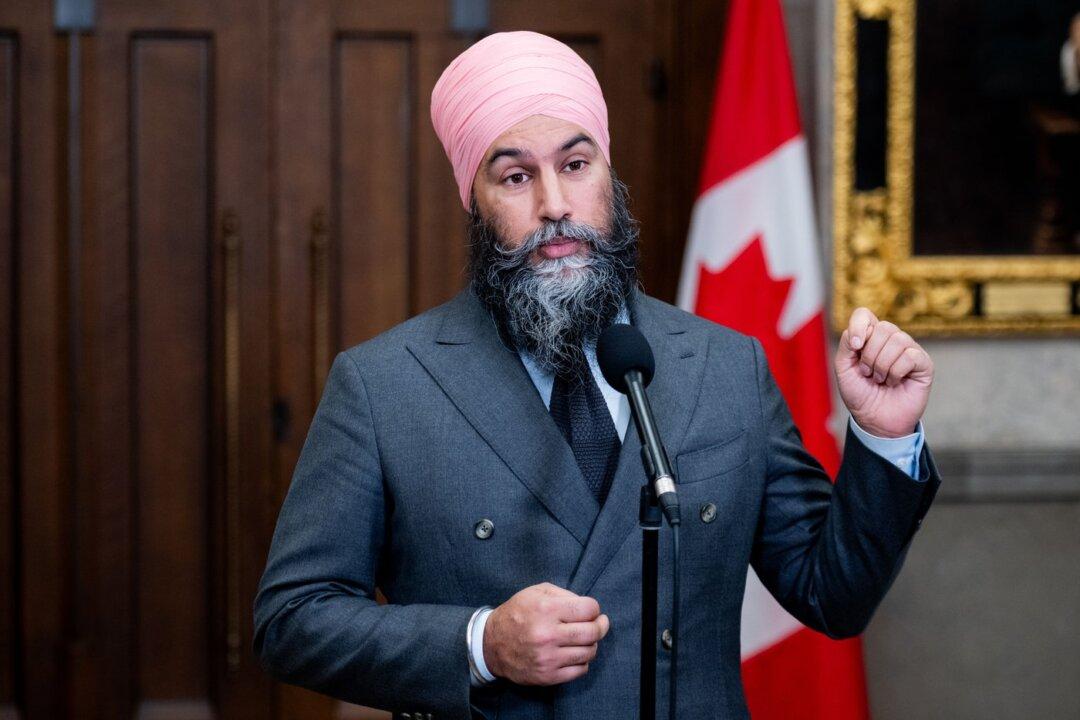The NDP’s change in stance on the federal carbon tax signals that the party is caught between voters wanting progressive climate change policies and working-class people impacted by the policies, say several political science professors. They say this has forced the party to distance itself from the increasingly unpopular Liberals it had partnered with.
“The NDP is in an interesting position when it comes to environmental policy, because on one hand they have a lot of supporters that are staunch environmentalists, and on the other they have supporters in industries affected by carbon prices,” said Daniel Westlake, a political studies professor at the University of Saskatchewan.





